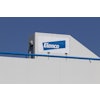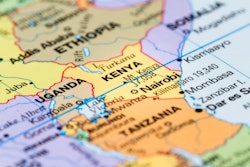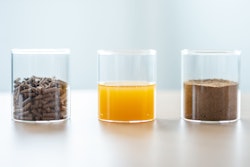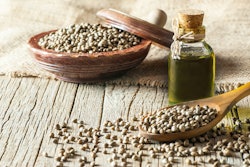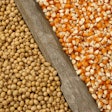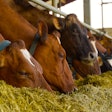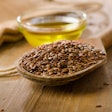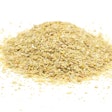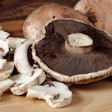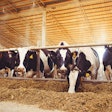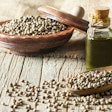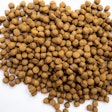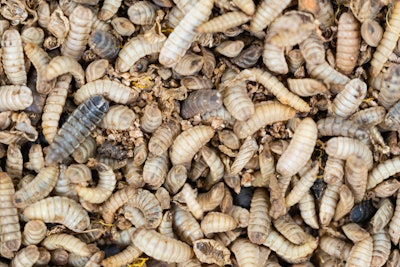
Bioflytech has begun the production of flours and fats from dried black soldier fly larvae (BSFL) in its new facilities located in Palas de Rei, Galicia, Spain. The company – which operates through its subsidiary in Galicia, Alfaprogal – has begun activity after becoming the first Spanish company in this sector to obtain authorization to produce, transform and market this type of product.
The dried BSFL, with which the rendering lines are being fine-tuned and producing the first batches of flour and fats, comes from the other plant the company has in Fuente Álamo, Murcia.
These new Palas de Rei facilities are put into operation after obtaining authorization for the production – through a drying process – of the products that make up the company's portfolio and which are aimed mainly at animal feed, especially feed for pets and the aquaculture sector.
Obtaining this authorization has been possible thanks to the work of the technicians involved in the project at all levels, from those who work at Bioflytech to those who are part of the national, regional and local administration.
After obtaining the necessary permits, it has been possible to begin the production of flour and fat in the new Palas de Rei facilities, which have cutting-edge technology to carry out the transformation of dried larva from Murcia. Thus, a rendering machine and a drying machine have come into operation that allow the product to be transformed into flour destined, fundamentally, as raw material for the production of pet food and aquaculture. The fat is destined for pig feed, and for the pharmaceutical and cosmetic industry, which uses it in the creation of soaps and moisturizing creams, among others.
A second rendering machine of its own design and unique in the market has also been launched at the facilities, which will allow the production of tailor-made flours with specific protein and fat percentages based on customer demands, and which is set to revolutionize the sector of the production of protein flours from insects.
These two rendering machines will be joined in the coming weeks by a third that has already arrived in Palas de Rei and whose assembly will take place in the coming days.
In parallel with the start of the activity, work continues to complete the eight warehouses that make up the complex and which include the production warehouse, six larvae fattening warehouses and another for compost storage. The environment is also being adapted, as the total plot has 140,000 square meters.
Company challenges
When the necessary authorization is obtained for this, the process of fattening fresh larva will also begin in Palas de Rei, which will allow a total of 12,000 tons to be produced per year. Subsequently, a new phase of expansion of the facilities will be undertaken to produce 100,000 tons of fresh larva per year.
For its part, at the Fuente Álamo facilities in Murcia, not only will activity continue, but an investment of EUR2.8 million (US$3 million) is planned in the second half of the year to increase the production capacity of the hatchery that supplies of larva eggs to the Galicia facilities. The Fuente Álamo facilities produce 180 kilos of eggs per month, which is already a milestone in the sector worldwide, given the complexity of guaranteeing stable and continuous production throughout the year. The objective with this expansion, for which all permits have already been requested, is to reach 350 kilos of eggs per month, something unprecedented to date.
In this first Bioflytech plant in Fuente Álamo, 4,000 tons of fresh larva are produced annually.

